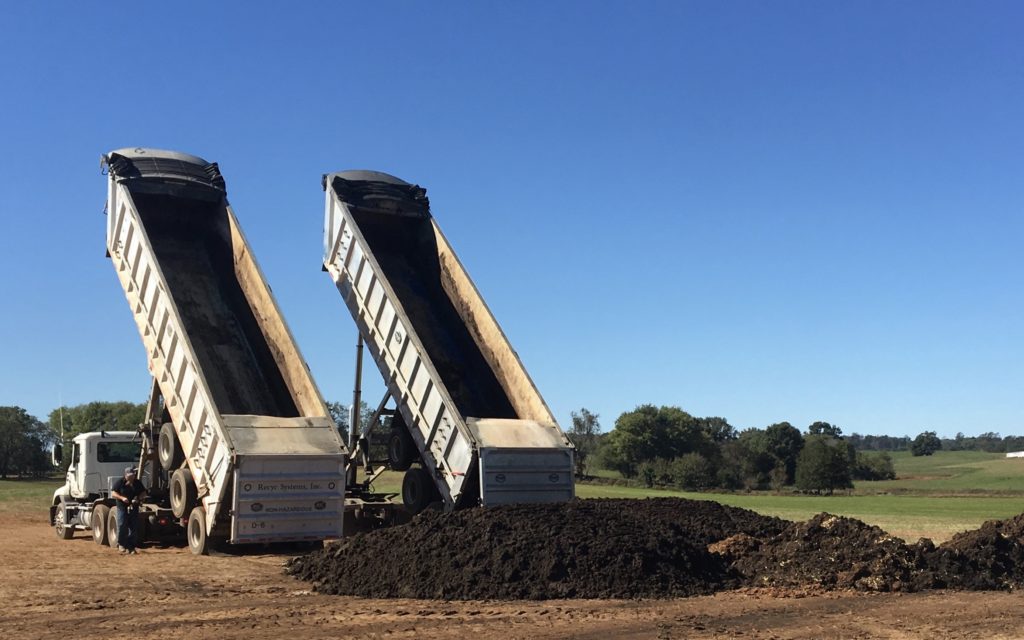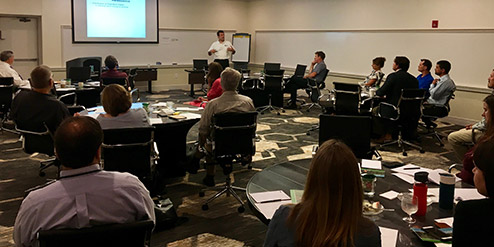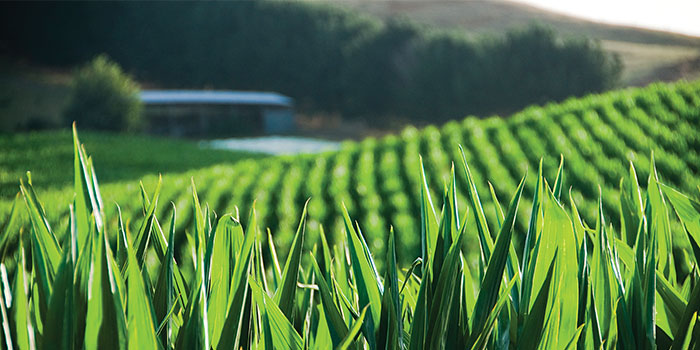Field crew provides value to farm near Virginia battlefield
On June 8, 1863, Union General Alfred Pleasonton launched a surprise attack on the Confederate Calvary stationed at Brandy Station. General Pleasonton’s troops were the front line for the largest cavalry battle to take place in America, it was the beginning of the Gettysburg campaign. The Spillman Farm is located near the front lines of […]



